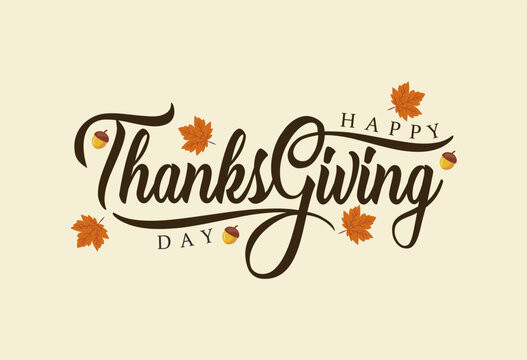
IN today’s fast-paced world, protecting our peace and well-being can feel like an ongoing challenge.
Yet, peace acts as a guiding force in our lives, helping us to make decisions that align with our true selves.
One of the most powerful ways to cultivate peace is by developing self-respect and setting firm boundaries.
These principles allow us to maintain healthy relationships, protect ourselves from manipulation, and ensure that we are valued by those around us.
The importance of self-respect
Self-respect is the foundation of how we expect others to treat us.
It sets a clear standard for the behaviour we deem acceptable and, in turn, helps us recognise when someone fails to meet that standard.
The way we treat ourselves becomes a lens through which we evaluate how others treat us.
- State lines up 20 witnesses against Sikhala, Sithole
- Mystery of demonic patterns
- Mystery of demonic patterns
- Outcry over Beam funds
Keep Reading
When we value ourselves, we are better equipped to identify behaviours that undermine our peace of mind.
Having self-respect enables us to detect disrespect early on.
People generally treat us based on what we tolerate, so having clear boundaries around respect is essential.
Self-respect attracts people who honour, uplift and value us.
It is not about seeing ourselves as superior to others; it is about acknowledging that everyone, including us, is deserving of kindness, care and dignity.
Respect flows both ways, serving as a compass for healthy relationships and environments that foster mutual appreciation and understanding.
The danger of manipulative “care”
Unfortunately, not all “care” comes from a place of genuine concern.
Sometimes, what appears to be care may be a subtle form of manipulation.
True care is empowering, it supports our independence and bolsters our confidence.
Manipulative care, however, seeks to serve the other person’s agenda.
A key characteristic of manipulative behaviour is that it erodes our sense of autonomy and self-confidence.
Manipulators may try to make us feel as though we are incapable of making our own decisions, thereby creating a cycle of dependency that serves their interests.
One way manipulators exercise control is by weaponising kindness, using it to influence our actions under the guise of caring.
This can trap us in toxic relationships or make us feel obligated to stay in situations that do not honour our values.
Genuine care, on the other hand, respects boundaries, empowering us to thrive without guilt or hidden motives.
Remember: You don’t owe anyone anything if their “care” comes with conditions or hidden intentions.
The power of boundaries
Boundaries play a critical role in identifying unhealthy relationships.
They serve as powerful tools for discernment, highlighting hidden red flags and revealing people’s true intentions.
Healthy relationships respect boundaries without making us feel guilty or inadequate.
Boundaries test the stability of relationships, showing us whether respect is reciprocal or one-sided.
A person who genuinely respects us will honour our boundaries with grace and humility.
Boundaries are not just about saying “no” to harmful behaviours, they are also about saying “yes” to our growth, peace and self-respect.
When we set boundaries, we create a space that nurtures our well-being, fostering relationships that support our personal growth.
Learning to trust your intuition
Developing awareness around red flags and subtle signals is a gradual process.
Often, intuition is not a loud alarm but a quiet nudge, guiding us toward or away from certain situations or people.
We may sense when someone’s behaviour feels off, but we sometimes ignore these feelings to avoid difficult conversations or because we doubt our perceptions.
This delayed intuition is not a failure; it’s a lesson that teaches us to appreciate our own discernment abilities.
With time, we become more attuned to our internal signals, learning to recognise and address red flags before they escalate.
Every experience both positive and negative help us grow in self-awareness.
As we get better at recognising subtle cues, we also get better at staying true to ourselves.
Listening to these gentle nudges from our intuition can save us from complicated and emotionally draining relationships.
Embracing self-respect, setting boundaries and listening to our intuition are acts of self-care that protect our mental, emotional and spiritual well-being.
They allow us to build relationships that honour our individuality, support our growth, and respect our boundaries.
By prioritising these practices, we can safeguard our peace and nurture our self-worth, allowing us to live authentically and avoid the pitfalls of manipulation.
Remember, “You cannot pour from an empty cup.”
Prioritise yourself, value your peace and surround yourself with people who genuinely support your well-being.
In the end, peace, self-respect, and boundaries are not just protective tools they are essential elements of a fulfilling life.











